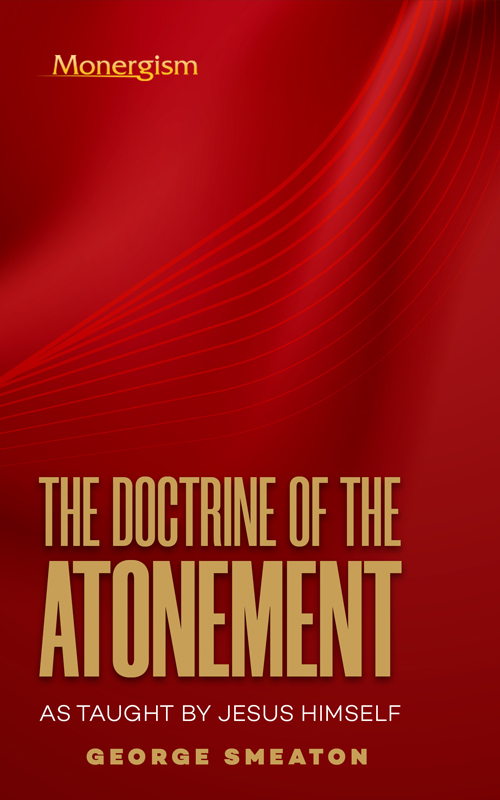Why Does the Bible Condone Genocide?
by John Hendryx
Visitor's Question: Why does the Bible condone genocide? Was that just the Old Testament "god" who demanded that? It is clear that in the book of Joshua, God commanded the Jews to utterly wipe out people groups that inhabited Canaan. If this is so, why didn't Jesus denounce him? Christians often try to avoid this question, it seems to me.
Response: Actually, I am surprised that this question should be avoided, as it provides one of the clearest illustrations of a most significant truth in the Bible: Not only did God take the lives of those He ordered the Israelites to kill (the Canaanites) – He also takes the life of everyone on earth. The peoples of Canaan may have faced the death penalty earlier than expected, but in essence, their fate was no different than ours. We are all subject to death. Death, as the Bible reveals, is the just penalty imposed for Adam's disobedience in the garden (Genesis 2:16-17; Rom. 5:12-14). Thus, not only may God take life as He sees fit – He does take the life of every last human on earth (see Heb. 9:27). We should not lose sight of this alarming truth: death is not natural, it is not a normal process of time and chance, nor is it a necessary mechanism of evolution. Humans were created to live, and the fact that they do not speaks to a terrifying reality – we are all born under divine wrath and judgment.


 by Rev. George Smeaton, D.D.
by Rev. George Smeaton, D.D.
 Those who love listening to sermons and MP3s, especially smart-phone users, check out the following page. It is a hub for MP3s on every chapter of Scripture - including only solid Reformed pastors and teachers or teachers we otherwise think are helpful. There are thousands of free MP3s here that are just waiting for you to download into your smart-phone or tablet.
Those who love listening to sermons and MP3s, especially smart-phone users, check out the following page. It is a hub for MP3s on every chapter of Scripture - including only solid Reformed pastors and teachers or teachers we otherwise think are helpful. There are thousands of free MP3s here that are just waiting for you to download into your smart-phone or tablet.